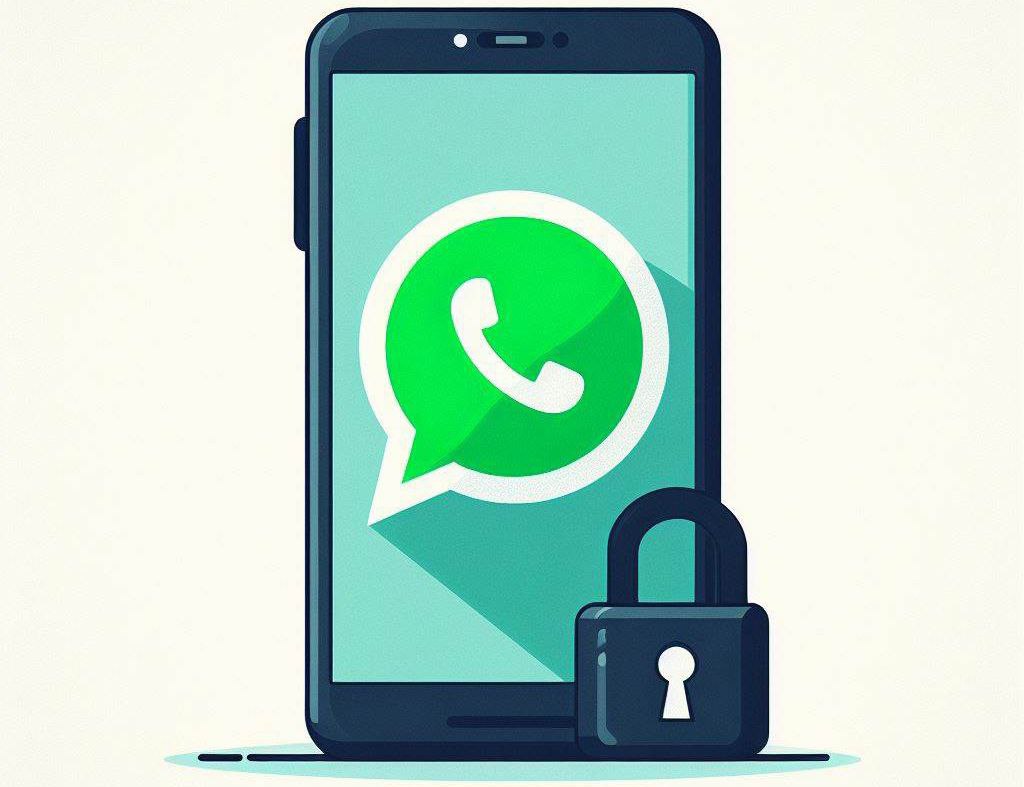Have you heard about WhatsApp? It’s a messaging app with lots of potential benefits, but it’s essential to be aware of some possible issues. If you’re a parent wondering, “Is WhatsApp safe for my child?” rest assured that Pinardin keeps an eye on the app for any digital dangers. Let’s delve into what makes this platform tick.
What Exactly is WhatsApp?

WhatsApp serves as an instant messaging service, allowing people using various mobile devices to chat with each other. The best part? It doesn’t cost a thing, relying on regular internet data, much like checking your email on a smartphone. While most phones can send text messages, WhatsApp provides a cost-free alternative, sparing you those SMS fees. It’s commonly used to stay connected with friends and family, especially those who are abroad or living in different countries. Users can create groups and share pictures, audio, and video messages as long as they’re connected to the internet.
Is WhatsApp Safe for Kids? Understanding the Concerns
While WhatsApp can be a handy tool for many adults, it may not be the most suitable choice for all teens. It’s easy to assume that the platform poses no issues, potentially leading to a lack of awareness about the need for monitoring. Some teens are drawn to WhatsApp precisely because they know that many parents are less familiar with it compared to traditional texting. This perception may lead them to believe they can engage in inappropriate messaging without getting caught.
Concerns about Inappropriate Content
When it comes to the safety of WhatsApp regarding sexual content, the potential risks align with those of other online platforms. It can be a space for sexting, cyberbullying, and the circulation of troubling content. WhatsApp’s group messaging feature, which allows hundreds of people to share messages in a group, can be exploited for cyberbullying, spreading rumors, or rapidly disseminating photos to a large audience. The ease of downloading private photos and conversations, along with the quick sharing of screenshots, adds to the potential risks.
From a parental standpoint, one significant drawback of WhatsApp is its lack of stringent user verification. Anyone can create an account, and there’s no filtering for adult content. The absence of enforcement features to ensure users meet the age requirement (16 or older) raises concerns about age-appropriate use.
Additionally, WhatsApp’s Channels feature, akin to Snapchat’s Discover page, allows users to share content with followers in a “one-way broadcast.” While technically open to anyone, it’s primarily utilized by companies, publications, and celebrities. However, this introduces another avenue where kids might encounter inappropriate content, depending on the channels they choose to follow. Keeping an eye on these aspects becomes crucial for parents aiming to ensure a safer digital experience for their children.
Privacy Concerns with Disappearing Messages
In November 2020, WhatsApp introduced a feature allowing users to enable disappearing messages. This update lets individuals set their conversations to automatically erase after one week. While you can disable this feature, it’s essential to note that you need to do it for each contact individually; there’s no account-wide setting. Also, be aware that your child can re-enable disappearing messages, emphasizing the importance of discussing the permanence of online actions with them.
How to Turn Off Disappearing Messages on WhatsApp
- Launch your child’s WhatsApp app.
- Select the contact’s name.
- Tap “disappearing messages.”
- Disable the feature.
Security Measures on WhatsApp
WhatsApp places a strong emphasis on security. Messages are not stored on a server after delivery, and calls are encrypted at both ends, ensuring third parties cannot eavesdrop. Even WhatsApp itself cannot access messages sent between users.
While this technology offers a secure means of communication for kids, there’s a potential downside. The security features might give children the impression that they can freely express themselves without their guardians finding out. It’s crucial for parents to communicate with their kids about responsible online behavior.
Contrary to the belief that only the intended recipients can view messages, it’s more accurate to say that those with access to the phones involved can see the messages. Since the app lacks password protection, anyone can access it on a phone and peruse all messages. Additionally, messages can be recorded through screenshots or by using a recording app. Being aware of these nuances helps parents navigate the balance between privacy and responsible technology use with their children.
Understanding Potential Risks
Children might dismiss parental concerns about their WhatsApp usage, perceiving them as overreactions. However, it’s crucial to acknowledge the inherent dangers that exist on platforms allowing unrestricted contact. For instance, adding a “friend of a friend” to a group chat may seem harmless, but it opens the door to potential risks. In such scenarios, individuals may not be who they claim to be, creating opportunities for sexual predators to target children and engage in a process known as grooming. The aim is often to coerce children into sharing inappropriate photos, with the alarming possibility of arranging secret real-life meetings.
Given these concerns, is WhatsApp truly safe? Implementing monitoring measures and engaging in regular conversations about online safety significantly reduces the risk of children encountering harmful situations on the platform. By staying vigilant and fostering open communication, parents play a pivotal role in creating a safer digital environment for their children.


Comments